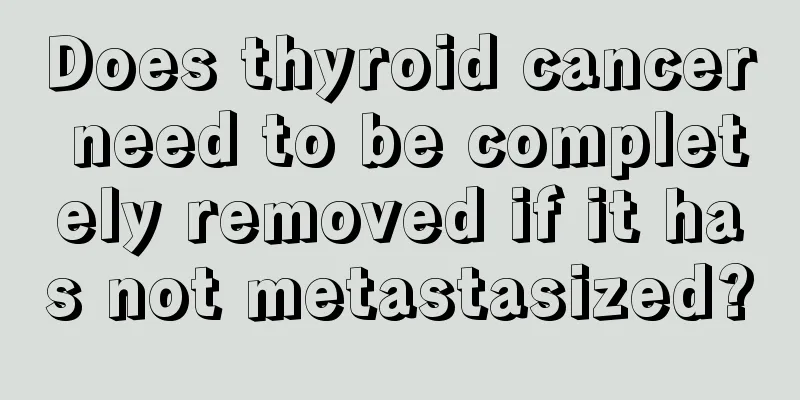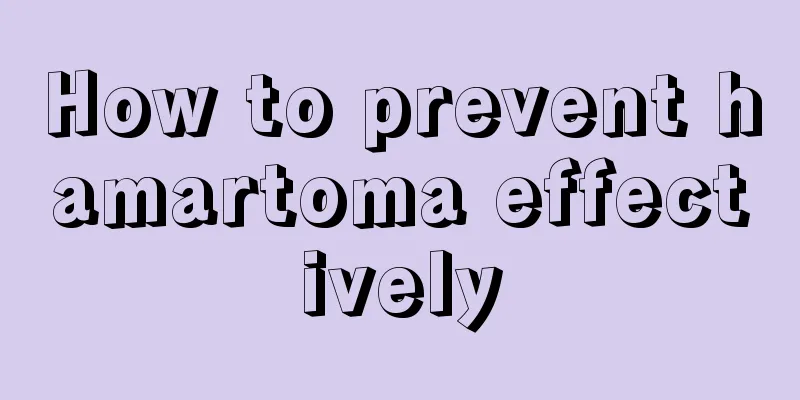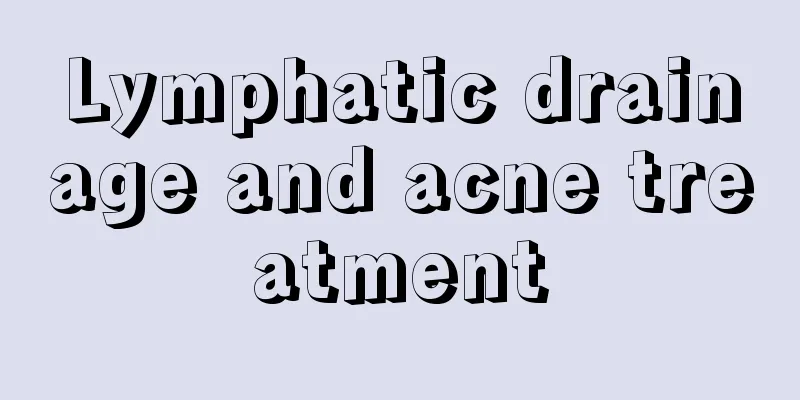Does thyroid cancer need to be completely removed if it has not metastasized?

|
Thyroid cancer that has not metastasized does not necessarily require total thyroidectomy. The specific scope of surgery should be considered comprehensively based on the tumor type, size, pathological characteristics, and specific patient conditions. If it is a micropapillary carcinoma and the risk is low, partial resection can meet the treatment needs; but for high-risk patients, total resection may be safer. 1Determined by the type of thyroid cancer: Thyroid cancer is mainly divided into papillary carcinoma, follicular carcinoma, medullary carcinoma and anaplastic carcinoma. Papillary carcinoma accounts for more than 90% of the cases, and most of them are low-risk types. If the lesion is small and there is no obvious metastasis, only partial thyroidectomy, i.e. resection of the affected lobes, can achieve the therapeutic effect. Medullary carcinoma and anaplastic carcinoma are highly invasive, and even if there is no metastasis, total thyroidectomy is often recommended to reduce the risk of recurrence. 2. Lesion size and distribution: When the tumor diameter is less than 1 cm and confined to one lobe of the thyroid gland, partial resection is generally preferred; when the lesion is larger than 1 cm or involves both lobes, total resection is usually recommended. If preoperative examinations reveal highly suspicious pathological features such as vascular infiltration or extracapsular invasion, even if no metastasis is found, the doctor may recommend total resection to improve safety. 3Other risk factors: The patient's overall health, family history, and the possibility of postoperative follow-up will also affect the choice of surgery. For example, even if patients with familial medullary thyroid cancer have no metastasis, a complete resection is recommended to prevent occult lesions. Similarly, if the patient cannot receive long-term postoperative follow-up and thyroid function monitoring, a complete resection will help reduce the uncertainty of later treatment. 4. Postoperative treatment: Whether partial or total resection is chosen, iodine therapy or long-term use of thyroid hormone replacement drugs such as levothyroxine sodium tablets may be required to maintain normal thyroid function levels. If the postoperative function is greatly affected, regular monitoring of thyroid hormone and thyroglobulin levels is also required to prevent recurrence. The decision on whether to perform a total resection should be based on the characteristics of the disease, preoperative evaluation, and the patient's personal wishes. If you are unsure of the best treatment plan, you should actively communicate with a specialist and receive personalized treatment advice. After clarifying the treatment goals, it is also critical to maintain postoperative follow-up and health management. |
<<: What is the malignancy of secondary chondrosarcoma
>>: Clinical symptoms of right arm bone cancer
Recommend
Homemade recipe for shrimp and eggplant
There are many ways to eat eggplant. If you stir-...
What is the method to completely get rid of bad breath
In traditional Chinese medicine, people who have ...
The effect of soaking feet with mugwort and ginger
Many people like to soak their feet in hot water ...
How to remove the smell of hair-pulling medicine
Only with regular care can people's hair beco...
How to adjust one high and one low eyebrow tattoo
There are often many problems with eyebrow shape,...
What to do if urine is turbid
Turbid urine is caused by the presence of a lot o...
Nursing for bleeding after bladder cancer surgery
Bleeding is a common and serious complication aft...
How to treat early lung cancer after surgery? It is recommended to treat early lung cancer after surgery
Early stage diseases are much easier to treat tha...
In addition to coughing, what other characteristics are there in the early stage of lung cancer? Pay more attention to these three points
Many people know that lung cancer will cause pati...
What is the treatment for advanced colorectal cancer
For all diseases such as cancer, we usually use s...
Why does my tongue hurt?
The tongue is a special organ that we use to tast...
What to do if the paint smell is too strong
If there is a strong smell of paint in your work ...
Introduce the causes of cervical cancer patients
Cervical cancer is a common malignant tumor of th...
Do patients with lung cancer have no symptoms in the early stages? What are the main types of lung cancer?
Lung cancer is a relatively common type of lung d...
Imported drugs for treating prostate cancer
We know that in today's life, prostate cancer...









